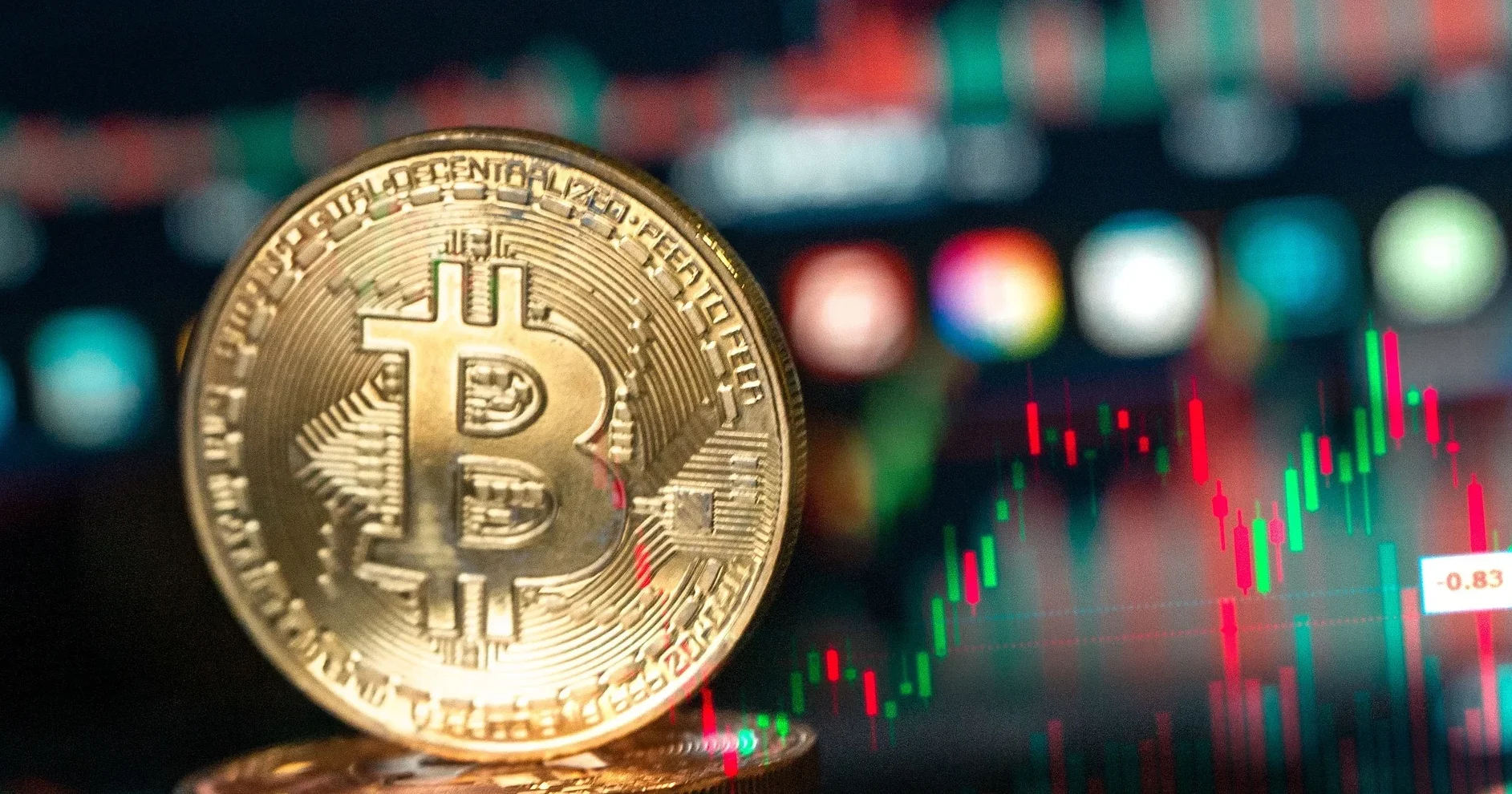With important events from both governmental and private sectors helping to shape Bitcoin mining’s changing position in the global economy, it will remain a top news item in 2025. Being the first and most valuable cryptocurrency in the world, Bitcoin has evolved from a side digital asset to a mainstream financial tool with geopolitical importance. Recent headlines highlight not only its growing acceptance but also the high-stakes argument about its control, use, and value. value. Bitcoin 2025
Declares Bitcoin a Strategic National Asset
The creation of the Strategic Bitcoin Reserve (SBR) by the United States government was among the most newsworthy occurrences of this year. Presented by President Donald Trump in March 2025, this programme names Bitcoin a vital national asset alongside conventional reserves such as gold and gasoline. With apparently over 200,000 BTC assigned to the reserve, the U.S. Treasury is the biggest known government holder of Bitcoin.
This action signifies a significant shift in policy, demonstrating that the US views Bitcoin not only as a tool for geopolitical leverage but also as a valuable store of wealth. The U.S. government is indicating long-term faith in the durability and strategic relevance of Bitcoin by including it in national reserves. The strategy complements more general initiatives to promote blockchain technology innovation and validate national leadership in the digital economy.
TMTG Advances Crypto Agenda with $3B Initiative
Parallel development saw Trump Media & Technology Group (TMTG), the parent business behind Truth Social, declare its plan to raise $3 billion to fund different , including Bitcoin. Convertible bonds mixed with stock offers will help raise financing. The company intends to establish a crypto ETF and buy interests in American Bitcoin mining companies, among others
There is no specific timeline for this project. The government is highlighting its dedication to digital asset adoption with a large crypto policy meeting set for Las Vegas attended by crypto-friendly leaders including Vice President JD Vance and Donald Trump Jr. The symbiosis between public policy and business in the United States is starting to define the present crypto age.
Diverging Forecasts Highlight Bitcoin Market Volatility
Market analysts disagree about the direction of Bitcoin. Macroeconomic events, such as Federal Reserve interest rate decreases, rising national debt, and fiscal policies, could lead to Bitcoin soaring to $700,000, according to Abra CEO Bill Barhydt. His case depends on the theory that these elements will boost demand for limited assets like Bitcoin and provide liquidity to markets.
On the other hand, co-founder of BitMEX Arthur Hayes sees a temporary decline in Bitcoin, maybe down to $70,000–$75,000, before it picks back up its increasing trend. Although Hayes is optimistic long-term, his caution results from predicted market consolidation following recent upheavals.
Both points of view show how erratic the crypto market is by nature and the need for investor knowledge. From a search engine standpoint, as user interest in Bitcoin rises, LSI keywords like “Bitcoin price prediction”, “crypto market analysis”, and “cryptocurrency market risks” keep trending.
Global Contrasts in National Bitcoin Adoption Strategies
Countries outside the US are adopting Bitcoin in diverse ways. Bhutan, in the Himalayas, has quietly become a crypto-mining giant. Ha Bhutan uses its hydropower to mine Bitcoin. The nation’s $600 million holdings account for nearly a third of its GDP. These funds sBhutanDBhutan’s carbon-negative hydropower mining technique, setting a green crypto standard. They subsidise government servant wage increases and brain drain reduction. E El Salvador’s Bitcoin experiment suffered. D El Salvador, which became the first Central American country to adopt Bitcoin as its currency in 2021, has struggled to deploy it. Government-owned Bitcoin is criticised for volatility, financial illiteracy, and transparency deficits. T The EcAn economist considered the initiative a failure due to high costs and limited economic impact. These contradicting situations show how governments are using cryptocurrencies and the relevance of policy, infrastructure, and risk management.
Corporate Adoption Tesla and Institutional Strategy
Though approaches differ, corporate interest in Bitcoin is still quite great. In 2021, Tesla originally purchased $1.5 billion in Bitcoin but has since sold off most of its holdings due to concerns about environmental effects and asset volatility. While CEO Elon Musk underlines a continuous interest in digital assets, he also stresses those in line with environmental responsibility. BlackRock and Fidelity, among other institutional investors, keep advocating for Bitcoin ETFs, which would enable more general retail involvement in Bitcoin markets via conventional financial channels. These moves imply a growing fit for Bitcoin in the mainstream financial system.
Final Thoughts
Regulatory clarity is important to Bitcoin 2025 future. The US SEC and CFTC are still discussing Bitcoin and other digital asset classifications. The Financial Action Task Force (FATF) promotes VR platform AML compliance worldwide. CBDCs from China and the EU diversify the crypto market. CBDCs and Bitcoin have conflicting uses—centralization vs. decentralization—but their presence will affect adoption and legislation.



